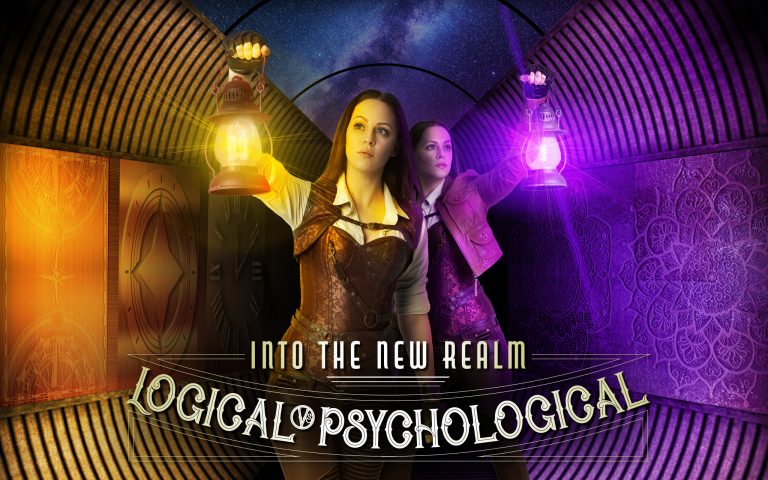
Set a clear purpose for your brand and lead your customers into a new frontier.
The last few months have brought into sharp focus what is truly valuable to us.
We started this lockdown watching shoppers fight over multi-packs of Andrex Supreme Quilts – hoping that once everyone was finished being ‘kind to their behind’ they’d extend a little of that kindness to their fellow man.
Flash forward 10 weeks and we see images of thousands forgoing their own safety to do just that, by bringing city streets to a standstill.
As we move from short-term survival and into a recovery phase, it’s time for business leaders to define a clear purpose for their brand that resonates with customers in the era of ‘New Normal.’
The Coronavirus Crisis has generated a seismic level shift in societal and consumer perception. Yet, you could perhaps make a case that it has just accelerated and amplified existing agendas for change which influence where we spend our money.
Unlike previous generations, Millennials and Generation Z saw through the cynical use of Andrex’s cute puppy mascot quicker than it takes to sing happy birthday while washing your hands. Forcing the toilet paper giant to shift its focus towards highlighting their product’s sustainability.
That puppy was cute though!
More and more of us expect companies to have values in line with our own. More than ever, customers are valuing leadership from the brands they care about.
Customers make purchase decisions based on whether a brand conforms to their self-image and, in that pursuit, what is perceived as “real” and authentic is highly valued.
Customers are boycotting the products of companies whose values they view as contrary to their own. – Mckinsey & Co
Forbes recently published an article that discussed a study covering over 1000 UK and US consumers, concluding that 96% of people felt their own actions, such as; donating, recycling or, buying ethically can make a difference.
88% said they’d like brands to help them be more environmentally friendly and ethical in their daily life.
Premium apparel company, Patagonia, is a great example of a company whose core purpose has been the catalyst for its success. Since 1985, Patagonia’s purpose has been to be an environmental force for good.
At Patagonia, we appreciate that all life on earth is under threat of extinction. We’re using the resources we have—our business, our investments, our voice, and our imaginations—to do something about it.
Patagonia actively encourages us to consider the environment before buying a new product from them. Consumer choices now contribute to the way we like to see ourselves. Patagonia has tapped into this.
Simply put: you may be able to get a cheaper coat elsewhere, but if you spend a few more quid with Patagonia—you’re doing your bit for climate change.
Perceptions such as these are potent in an age where we’re under constant pressure to be socially aware.
While every company should work to reduce their environmental impact, it doesn’t mean that this should be the core purpose of every brand.
Starbucks’ Greener Stores initiative is a sustainable plan to develop 10,000 environmentally friendly stores worldwide by 2025. “Simply put, sustainable coffee, served sustainably is our aspiration…” according to Starbucks CEO and president Kevin Johnson.
Yet, what really drives their success is summed up in their mission statement: “To inspire and nurture the human spirit; one person, one cup and, one neighbourhood at a time.”
But, their purpose is clear. To create a place where we can feel invigorated. As their customers become socially aware, like Andrex, their sustainability agenda has grown into a key-value. But, it’s still not why they do what they do.
It’s important that each business understands its own “why” and develops this into a strategy that emotionally connects with its customers and stakeholders.

Companies such as, Apple, have become the dominant brand in a number of sectors since focusing on communicating their “why”.
Big ideas are wonderful, but only work if they are genuine and authentic to you and your customer. People will smell fakes a mile off.
The following steps will help you discover your “why”. Your purpose should help you answer why you do what you do.
Differentiate
Ask yourself: who are you? What do you do? Why do you matter? Then ask what is missing or wrong with the world, that your brand can help solve.
Collaborate
To create an authentic, meaningful purpose, you’ll need to work with all your stakeholders. It will take a collaborative effort to uncover a true purpose that will last the test of time. This can be done by asking your team to consider why they do what they do, and what they think customers admire and appreciate your business.
Strategise
People understand ideas and stories. Turn your core purpose into a big idea that makes you stand out from your competitors and connect with what your customers really care about.
Evolve
Ideas and purpose still need to translate to profit. You’ll need to review your operation and identify the changes your business needs to adapt to. Involve key influencers and customers at an early stage to gain feedback on what they feel is credible and value adding. Authenticity is crucial.
Brand
Your branding is the visual representation of your purpose. If you evolve or define your purpose, you may need to refresh or rebrand to match your positioning and attract buyers who need more than just the core product and a good service.
An engaging purpose sets a clear direction, one which customers will want to follow.
Please feel free to contact us if you wish to discover your business’ purpose, and how that will propel you into the new frontier.
And until next time, remember… don’t smell like beef and cheese. Smell like Santa.
“It’s not enough to have lived. We should be determined to live for something.” ―Winston S. Churchill


